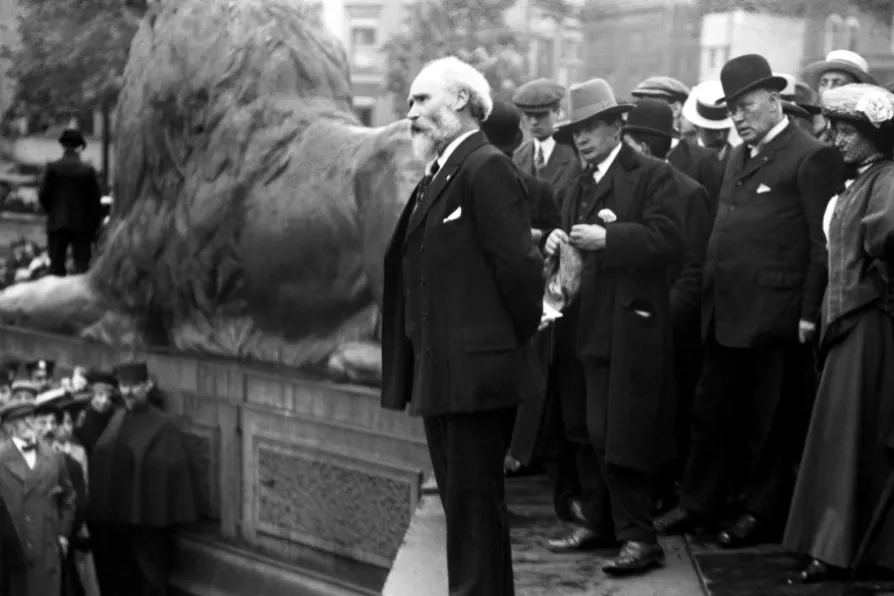As tens of thousands return to the streets for the first national Palestine march of 2026, this movement refuses to be sidelined or silenced, says PETER LEARY


RECENTLY reading Bob Holman’s excellent biography Keir Hardie – Labour’s Greatest Hero? has caused me to reflect upon how valuable the life, politics and ideas of the Labour Party’s founder and first leader can be as a tool for socialist political education and a spur to action for all our party’s members in the situation we face in 2018.
Hardie was in many ways ahead of his time — as an internationalist and opponent of war and imperialism, as a voice for the working class in its broadest sense, as a supporter of women’s rights and as someone who spoke out against the dangers that unbridled capitalism poses to the environment.
Reflecting upon the full breadth of Hardie’s politics helps us to understand what the Labour Party was founded for, what it is for today and what it should do. It should form a key part of political education in branches across the country.

Our charter’s demands for fair pay, affordable housing and environmental security will recruit working-class youth into the political struggle for socialism, emulating the success of the Women’s Charter, writes YCL general secretary GEORGINA ANDREWS














